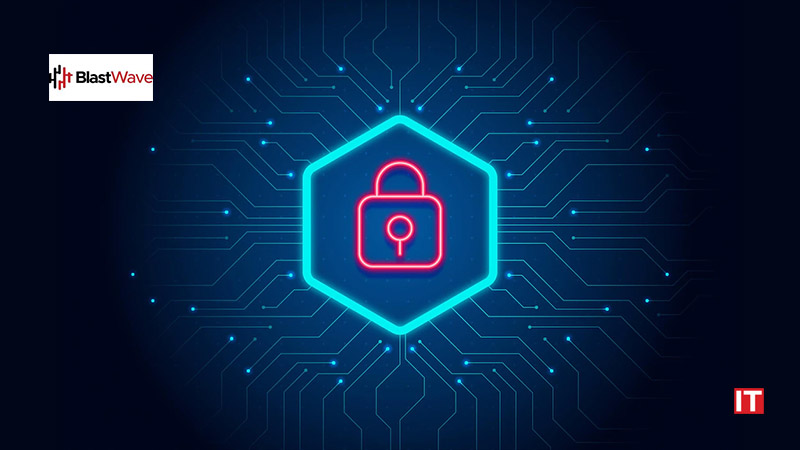BlastWave, a zero-trust networking solution provider that reduces the cost and complexity of remote access VPN management, announced enhancements to its zero-trust security software solution, BlastShield™. The enhancements include added security capability for the three main cloud service providers, identity manager unification, Azure gateway security integration and easy bulk onboarding. BlastWave sees these updates as increasingly important with the global workforce shift to remote cloud environments on multiple vendor platforms.
The recent update allows BlastShield users to link with hybrid cloud network providers like AWS, Google, and the most recent addition, Azure, in one secure environment without forcing a user to rely on the respective security measures of each provider. This means users can have workloads distributed across provider environments but only one user authentication system. The update continues BlastWave’s mission of convenient, cutting-edge cybersecurity, all while offering enhanced protection within identity management systems. Most importantly, users can take advantage of BlastShield’s heightened speed and functionality, two vital features in multi-functional, cloud environments.
This latest update also adds support for gateway security in Azure environments, expanding on BlastShield’s previous gateway security capabilities in GCP, AWS, ESXi and COTS hardware systems. This new gateway security integration increases functionality for Azure users, allowing them to rely on password-less authentication instead of dated VPN security measures within their cloud-based Azure environments.
BlastShield’s latest update streamlines bulk onboarding, a typically arduous process, leveraging customers’ SSO functionality. This update’s features rely on an industry-standard API, System for Cross-domain Identity Management (SCIM), designed to simplify the management of user identities in cloud-based services as well as applications. It enables the automatic exchange of user information between identity domains, eliminating the insecure provisioning of identity managers when onboarding large numbers of users in distributed cloud environments. Identity managers have conventionally suffered from potential exposure to credential theft, SIM jacking, and other threat vectors. BlastShield’s update addresses these vulnerabilities without hampering the convenience of identity managers.
“BlastShield’s latest update enhances our proven security mechanisms with single sign-on identity management tools and offers simplified bulk onboarding,” said Michael Bacon, BlastWave Solution Engineer. “Many competitors are focusing more on endpoint security in these hybrid cloud environments, but we’re offering a macro-level security approach that combines the convenience of identity management systems like Okta and One Identity with the proven agile security of BlastShield’s network-level ZTNA and microsegmentation.”
The recent software update and resulting functionality are automatic for new subscribers and can be implemented with the click of a button in the BlastShield interface for current professional and enterprise customers.
“In the past, cybersecurity may have elicited groans from providers, largely due to its perceived inconvenience. This update lends BlastWave’s proven security stack to the login convenience offered by established identity managers,” said Mel Knight, Brier and Thorn CISO. “Once again, whether through bulk onboarding via secure provisioning or enhanced Azure environment security, BlastWave continues to imbue existing technologies with their patented, proven ZTNA security solution. We are excited for our customers to experience this update’s improved, secure convenience, bulk onboarding, and multi-vendor cloud security.”

































